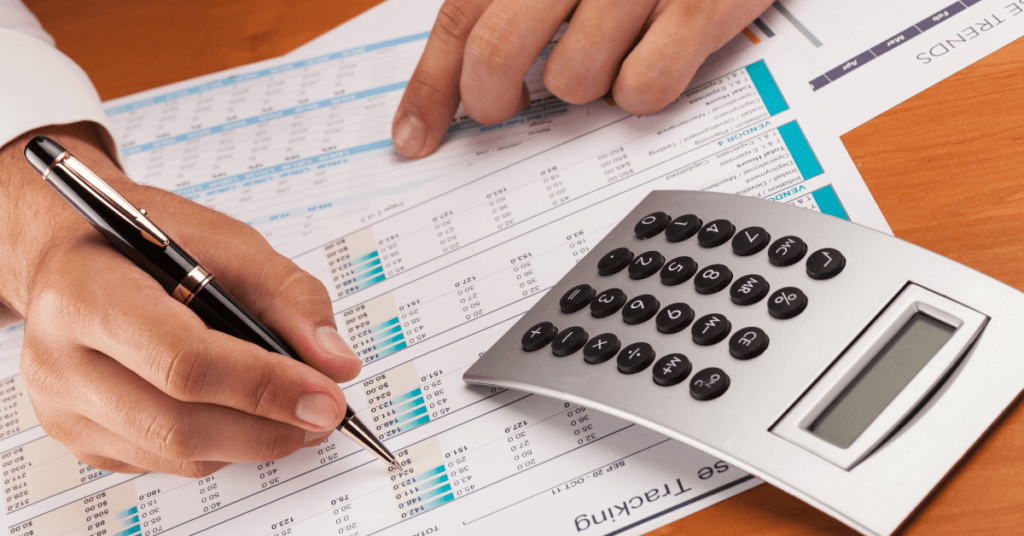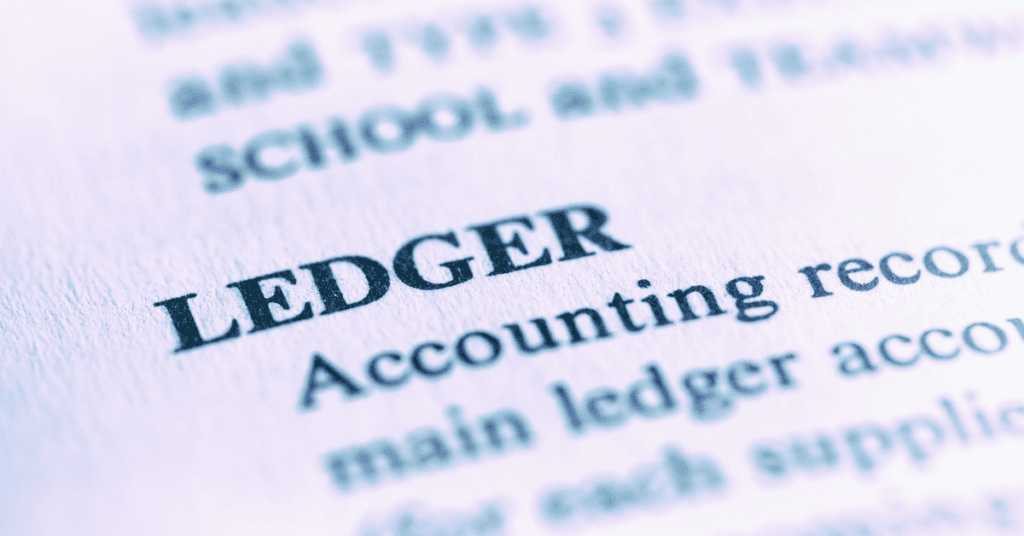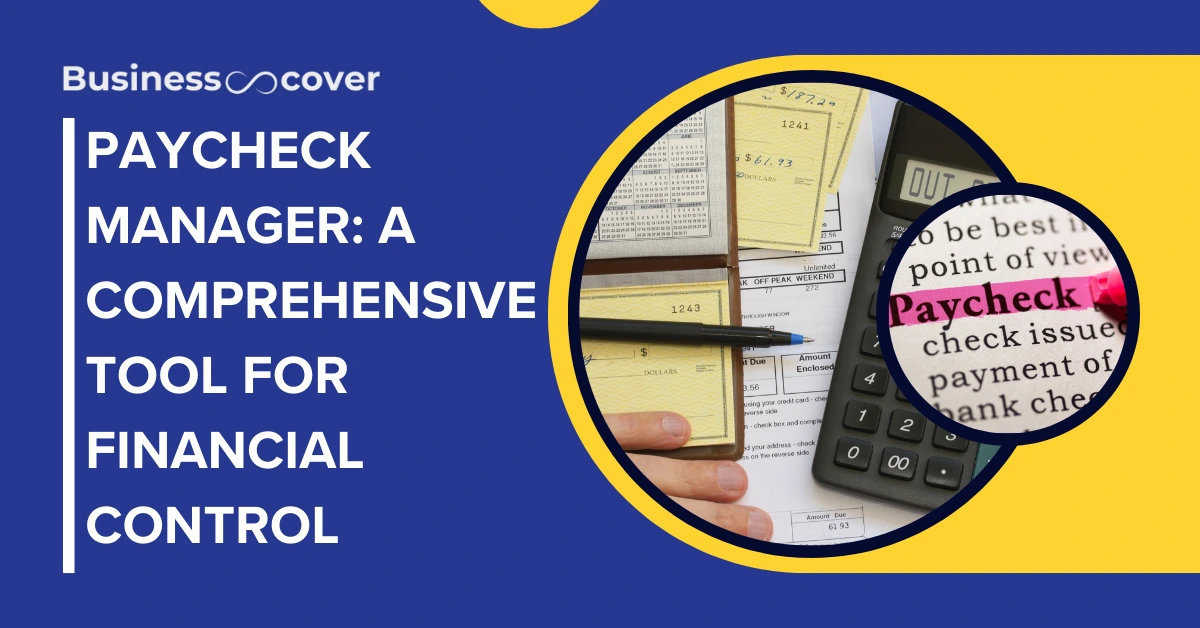ledger of accounts – Financial management is an essential for ever?y person as well as companies. A clear and proper account management details could be among the foundation to success in dealing with the resources. However, little do we know about what a ledger is in the context of accounting and how this framework operates. On this blog, these questions shall be answered while providing information about the different types of ledgers and particular ways of applying them.
What does ledger mean in accounting?

To start, let’s address the fundamental question: what are ledgers in accounting? A ledger is a record of all financial transactions that occurred in an organization or where an individual transacted business. Here we find exercices in accounts which record revenues and costs, as well as accounts for assets and liabilities and equity. In essence, therefore, the ledger forms the core of the accounting system being the source document used in preparing the financial statements.
Also Read | Accounts payable definition, usage, and procedures
The Definition of Ledger
Definition of Ledger: It is important to keep focused on what ledger is all about. A ledger is an account book where recording of all accounts’ transactions is done and may be in a book or electronic form. Every single transaction is taken down systematically, and this enables easy access to any type of financial data.
What is an Account Ledger?

Account ledger is the record of the account which is specifically used for collecting all transactions of one particular account. For instance, an account ledger that is opened for a cash account will contain all the cash transactions, while an account ledger to be opened for the account called accounts receivable will contain the movements on cash that is expected to be received from customers in the future. Understanding what an account ledger is will go along way in enhancing your organization and financial position when in a position to determine your status at any one time
What is the Ledger in Accounting?

If people are keen to ask what is the ledger in accounting, they may probably be referring to the general ledger, which contains all the accounts for the accounting system. The general ledger cover all aspects of income, expenses, assets and liabilities as well as any other conceivable record of financial transactions. A little differently, the ledger in accounting is an important means of working with and presenting financial data.
Different Types of Ledgers

1. General Ledger
The general ledger is the main record of an organisation containing all financial transactions from the existence of the organisation. In fact it helps accountants to develop financial statements by enabling them to sort transactions under various accounts.
2. Subsidiary Ledger
A subsidiary ledger records separate information relating to particular accounts in the general ledger in a summary form. For instance, accounts receivable subsidiary ledgers give information concerning specific customer transactions, accounts payable subsidiary ledgers give information concerning specific supplier balances.
3. Purchase Ledger
The purchase ledger is more specific and centers on transactions relating to purchases in a business organization. It captures all accounts payable transactions to allow business to exercise good control over their cash resources.
4. Sales Ledger
The sales ledger contains all the records of the firm’s sales activities and customers’ balances owed. Knowledge of receivables and from who is another important aspect businesses need to evaluate.
5. Cash Ledger
A cash ledger is the account that documents all cash receipts and all cash payments. Liquidity is an important link of a business, which must be properly regulated.
How to Create a Ledger Format in Accounting

Recording a ledger format in accounting is quite easy. It usually provides a space for the date, description, reference number, debit, credit and balance. The following is a basic ledger account format you can use:
| Date | Description | Reference | Debit | Credit | Balance |
|---|---|---|---|---|---|
| 01/01/2024 | Opening Balance | $10,000 | |||
| 01/15/2024 | Sales Revenue | INV001 | $5,000 | $15,000 | |
| 01/20/2024 | Office Supplies | EXP001 | $200 | $14,800 | |
| 01/30/2024 | Utilities | EXP002 | $300 | $14,500 |
Format of Ledger Accounts
There are different formats of ledger accounts depending with the complexity of the business. But a consistent layout comes in handy in contributing to the clarity of the document. A basic ledger format generally includes:
- Date: What was the date or year, the transaction took place.
- Description: A few words about it in terms of the transaction.
- Reference: A number that uniques the transaction.
- Debit/Credit: Amounts debited or credited.
- Balance: That is the balance at the end of the transaction.
Example of an Account Ledger Format
The format displayed in the account ledger can also be varied depending on the kind of business it is handling. As an example, a small business may need a basic layout where information is recorded and classified in one or more ledgers in simple categories.
Journal and Ledger Difference

Accounting crucially demands that people have a clear understanding of the journal and ledger difference. A journal is a record of all financial transactions made in the business at agreed time of occurrence, whereas the ledger forms the transactions grouped according to the accounts. In other words, while the journal is the first record of entry in the accounting cycle, the ledger groups that entry for report purposes.
Importance of Ledger Balance

What is Ledger Balance?
Business Ledger balance refers to the total that appears in individual or general ledger after each and every transaction has been processed. It provides a summary of financial statements of an account at a certain time.
Ledger Balance Meaning
The ledger balance meaning extends from number and it indicates your accounts position or state of health. Balancing your ledger with some frequency assists you to comprehend your profile and make appropriate decisions.
Maintaining Accurate Ledger Records

Regular Updates
For you to be able to monitor and gain control over your finances, make sure that the ledger of accounts is well maintained. Some of the records you will need may be daily, weekly, monthly, depending on the particular needs for your personalized business, make sure to get them right in order to be able to keep track of your spending, your income and effectively help to manage your cash flow effectively in the future.
Reconciliation
Compare your ledger balance with the balances shown in bank statements, and other financial records on a frequent basis. Helps to detect and prevent the occurrence of mistakes in your financial reports, comparing the data.
Benefits of Using a Ledger of Accounts
- Financial Clarity: Record keeping enables one to manage income and expenditure effectively since they can quickly tell how financially stable or otherwise they are.
- Improved Decision-Making: Its organization also helps make good decisions, of any kind, or any degree of complexity, involving financial data as a key element.
- Tax Preparation: Balance columns help in preparation of accounts at the end of the year to evade hassles associated with tax accounting. After having all necessary information, you can guarantee compliance and get the maximum amount of deductions.
- Performance Tracking: With the ledgers accounts it is easy to determine how you have been spending your money or even making money so that you can have the right strategies to adopt.
- Informed Forecasting: When using historical data to prepare your ledgers, you increase your capability to estimate future performance more accurately.
Conclusion
Hence, the ultimate ledger of accounts does not only imply recording of transactions but also entails developing of a proper structure that refines the comprehension of one’s distinct finances. However, understanding the ledgers, account ledgers, and the different ledgers within accounting will help you improve on your financial books knowledge greatly.
But do not forget, the efficient ledger system is the secret of making your best in terms of finances. Therefore, it is necessary to devote some time to the definition of the concepts of ledger account, meaning of the ledger balance, as well as the intricacies of its management. By doing this, you shall be on your road to mastering your money without much strain!






